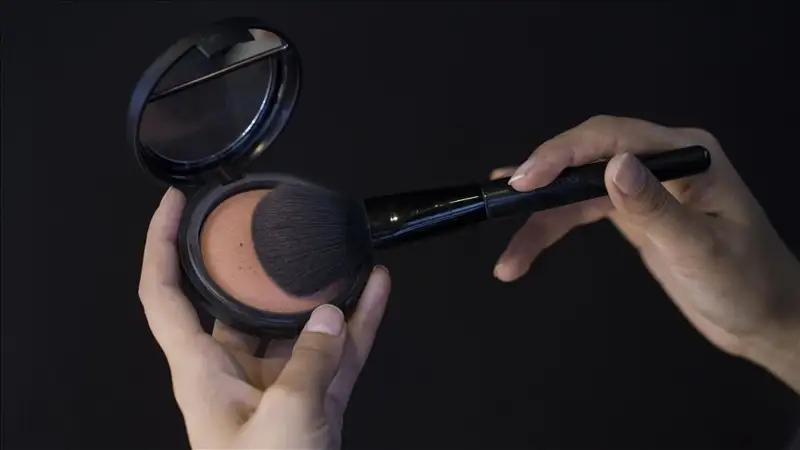EU researchers find new plant-based ingredients for sustainable cosmetics
New plant-based ingredients with anti-inflammatory and anti-ageing properties have been developed for use in sustainable cosmetics, researchers announced on Thursday, XInhua reports.

Scientists from Finland's VTT Technical Research Centre and their European Union (EU) partners discovered the environmentally sustainable bio-based ingredients during a 4.5-year project with 17 partners from 11 European countries.
Conducted under the EU-funded InnCoCells project, it represents one of the most comprehensive studies of plant-based cosmetic ingredients to date.
According to VTT, more than 100 plant extracts were screened for their effects on 20 skin-related biomarkers linked to inflammation and ageing. Around 25 extracts were found suitable for further development as cosmetic ingredients.
Unlike conventional studies that focus on single compounds, the project applied a systematic screening approach. The promising extracts can be produced from responsibly cultivated plants in greenhouses and bioreactors, or from agricultural side-streams, making them both effective and sustainable.
Among the key findings were cell cultures of Cochlearia danica (Danish scurvygrass), Capsicum chinense (a tropical pepper) and hairy roots of Ocimum basilicum (basil). The C. danica extract showed strong anti-inflammatory, anti-ageing and antimicrobial effects, while C. chinense cultures demonstrated activity against harmful bacteria without causing skin irritation. Basil root extracts exhibited potential to counter skin ageing while preserving hydration.
These findings highlight how nature and science can come together to create the next generation of cosmetic ingredients," said Kirsi-Marja Oksman-Caldentey, coordinator of the InnCoCells project at VTT. The project is building a pipeline of ingredients that "combine proven skin benefits with responsible and scalable production, aligning with the goals of the European bioeconomy, she added.
VTT said that the research results are already being translated into commercial opportunities, with partners exploring business models and collaborations.
InnCoCells was funded through the EU's Horizon 2020 research and innovation program, with a total budget of 7.9 million euros (9.2 million U.S. dollars).
Earlier, Kazinform News Agency reported the research, published in Nature Communications, has found that women carry a higher genetic risk of major depressive disorder (MDD) than men, helping explain why depression affects nearly twice as many women worldwide.
